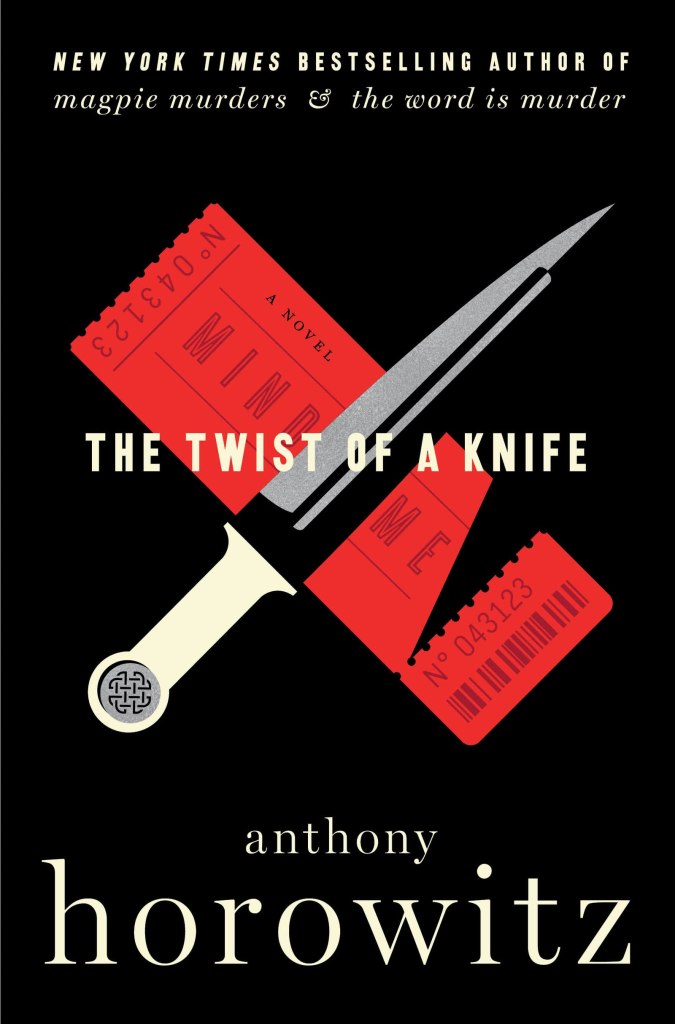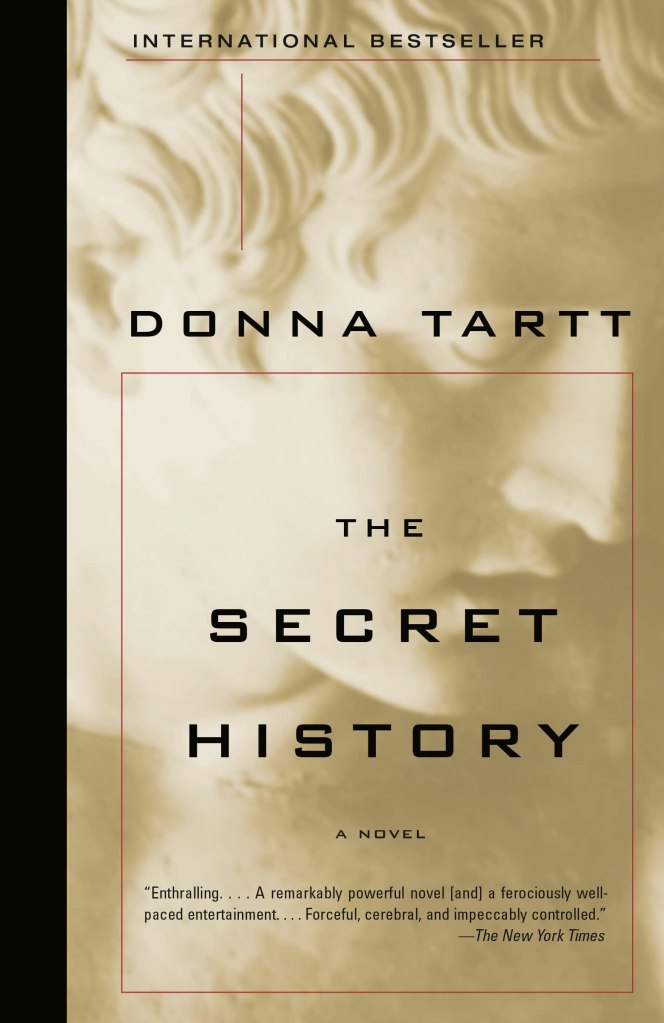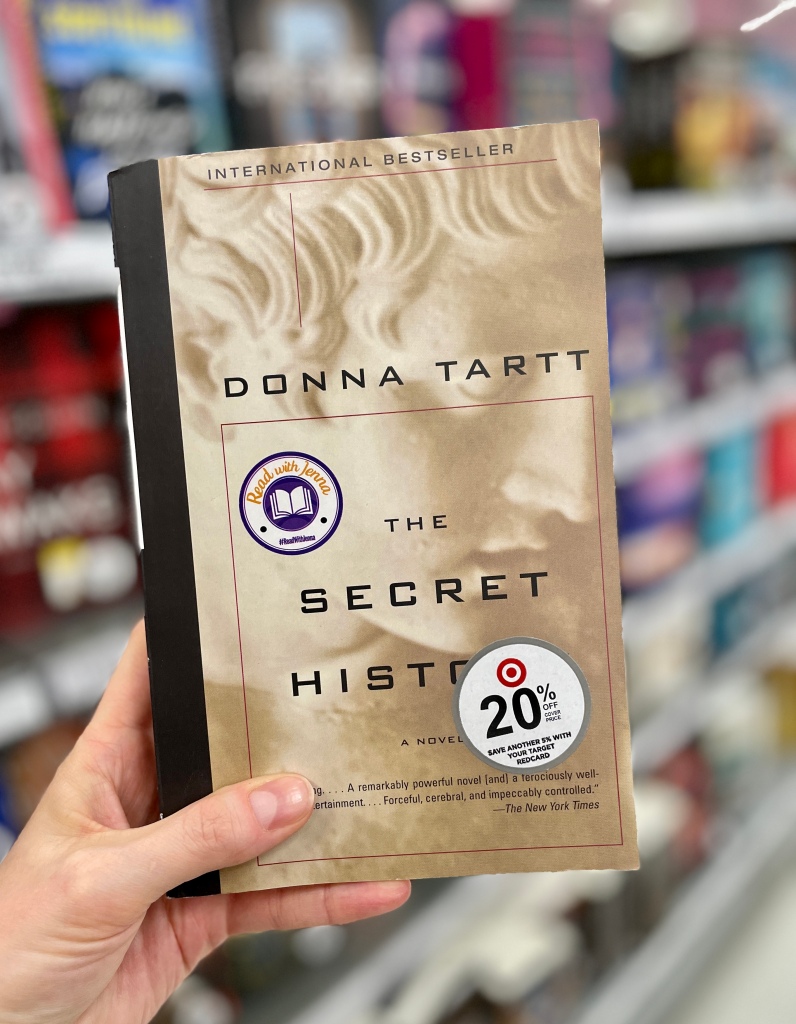We all have our things that fascinate us, right? For me, I love reading about serial killers and sociopaths. It’s a guilty pleasure, because a) it’s deeply morbid and b) serial killers and sociopaths exist in real life, and have real, lasting effects on real people.
If you share either or both of these guilty pleasures, then Vera Kurian’s Never Saw Me Coming should be right up your alley. (And yes, I realize that psychopathy is different from sociopathy, but I found the former just as fascinating as the latter to read about.)

Rating:
Mini Synopsis: This book takes place at Adams University in Washington D.C. and centers around a specialized program for young psychopaths – students who don’t feel emotion and empathy in the same way as the general population. The perspective shifts among three of the program members and their director of psychology as they face a harrowing situation: someone on campus is killing students.
What I Liked About This Book: This is high-concept storytelling at its best, I think. The question it asks is, can psychopaths really integrate with the general population? I thought the author explored the concept really well. Not in-depth, by any means; this is a plot-driven thriller, not a research project. But I felt like I got a really good taste of what it might be like to be inside a psychopath’s head, and what life might be like for people with that diagnosis to exist among people who don’t think and feel things the way they do. One of the points of view is told from a first-person perspective, and I loved that. The narrator was so fascinating and comparing her actions/reactions to those of one of the non-psychopath characters was deeply interesting.
I loved the primary narrator’s backstory and how she approached her goals and ambitions. I loved the other main characters, because they were so different from the primary and it was really fun to compare them to one another.
The characters, as part of their acceptance into this college and this program, are required to do experiments. The experiments were SO interesting to read about. To think about how I might respond to the questions and to see how the various characters responded was this wonderful little touch that showed off the author’s in-depth research while also making each character seem so much more vivid.
One thing I also enjoyed was the tone of the book. Sure, we’re talking about MURDER here, but… it was still kind of light and funny. There was plenty of witty banter and some of the characters’ choices amused me.
I loved this very brief part, near the end, where the author sort of steps in and reminds us that, sure, it’s fun to read about this kind of thing in a book, but there are real people who are affected every day by the very things we find shocking and titillating. It didn’t feel like I was being scolded, or preached to – it was just a sobering, thoughtful moment that I appreciated.
What I Didn’t Like About This Book: The main thing that bothered me about this book was that I didn’t feel like the murderer was particularly surprising or interesting choice. It was fine, but I don’t know that I felt like the lead-up really made it that wonderful combination of exciting and right that I find most satisfying as a reader. Plus, I wasn’t ever clear on why the murderer decided to strike NOW. Maybe that was clarified at some point, but if so, I missed it. The other slightly bothersome aspect was related to the multi-perspective approach, which is that I wasn’t wild about the chapters that were told from the psychology director’s perspective. It’s not like they didn’t move the story forward… but they didn’t really give me deeper insight into his thoughts or background. I would have much rather stayed with one of the other characters, who were much more interesting. There were also some big questions I still have about the characters’ home lives, but… I guess you can’t get comprehensive back story on everyone, or have every single question about how and why answered. It was a compelling enough read that I am happy to forgive a few minor plot holes.
Should You Read This Book? This was such a propulsive, fascinating read. Plot-driven, with a lot of really interesting insights into psychopathy. If you don’t mind a bit of gore, and you like fast-paced thrillers, I highly recommend adding this one to your list.







